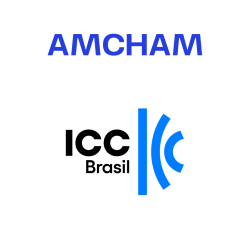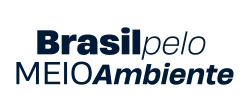Fertileaf - Circular Economy
ABOUT IT
Fertileaf - Circular Economy is a project designed to provide an appropriate destination for the generation of residual tobacco dust from industrial processing. Incorrect disposal or improper incorporation of this waste into the soil can cause contamination of water bodies, groundwater and the soil. Through work in together with FUPASC - Santa Cruz do Sul Environmental Protection FoundationAfter the composting process had matured, an initiative was launched to create a composting system that applies a bacterial inoculum for controlled decomposition through temperature and humidity. Once the composting process has matured, the final product is a certified organic fertilizer called Fertileaf. Fertileaf can be incorporated and generates nutritional benefits that improve the health and productivity of the soil. After the extreme weather event in Rio Grande do Sul, which caused the biggest flood in history, many rural properties had their soils devastated and Fertileaf can help in this process of reconstituting productive soils used mainly for family farming.
Results and Objectives
In 2014, with the creation of the Fertileaf generation process, the Santa Cruz do Sul Environmental Protection Foundation (FUPASC) has already treated more than 125,000 tons of organic waste and generated more than 100,000 tons of ECOCERT-certified organic fertilizer, with a production capacity of almost 3 tons per month in a useful production area of 14,000 square meters. FUPASC currently treats all organic waste of this nature from industrial processes in the Santa Cruz do Sul and Venâncio Aires region. As organic fertilizer is available, it can be sent to rural producers, thus closing the loop of a circular economy.
At JTI, approximately 10,000 tons of tobacco dust have not been sent to landfill since the composting process was set up in 2014.
At JTI, approximately 2,000 tons of all types of waste are sent for proper treatment every year.
SDGs
External Certification
International Commitments
National Commitments
More info



